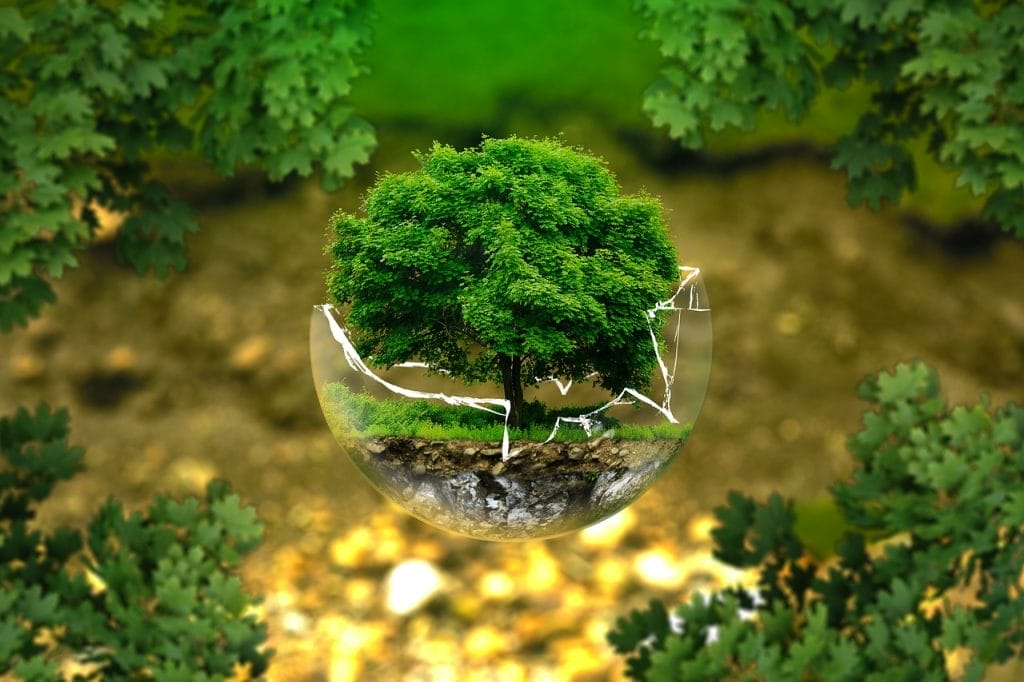Environmental Protection: A Call to Action for a Sustainable Future
March 17, 2025 2025-03-14 12:22
Environmental Protection: A Call to Action for a Sustainable Future
Introduction
Environmental protection is one of the most pressing issues of our time. As human activities continue to impact the natural world, the need for sustainable practices has become more urgent than ever. From climate change and deforestation to pollution and biodiversity loss, the environment is under constant threat. Protecting our environment is not just about conserving nature—it is about securing a future where humans and ecosystems can thrive together. This article explores the importance of environmental protection, the challenges we face, and the solutions that can help build a sustainable future.
The Importance of Environmental Protection
The environment plays a crucial role in maintaining life on Earth. It provides essential resources such as air, water, and food, as well as raw materials for industry and energy production. Moreover, it regulates climate, supports biodiversity, and offers recreational and cultural benefits. Protecting the environment ensures the survival of countless species, including our own.
- Human Health and Well-being Clean air and water are fundamental to human health. Pollution from industries, transportation, and agriculture contributes to respiratory diseases, cardiovascular problems, and other health conditions. By protecting the environment, we reduce exposure to harmful pollutants and improve overall well-being.
- Biodiversity Conservation The loss of biodiversity threatens ecosystems and food security. Many species play critical roles in pollination, pest control, and maintaining the balance of natural systems. Deforestation, habitat destruction, and climate change accelerate species extinction, disrupting ecosystems worldwide.
- Climate Regulation Forests, oceans, and wetlands act as carbon sinks, absorbing and storing carbon dioxide. Protecting these natural areas helps mitigate climate change by reducing greenhouse gas concentrations in the atmosphere.
Major Environmental Challenges
Despite the known benefits of environmental protection, numerous challenges threaten ecosystems and human communities.
1. Climate Change
Climate change, driven by greenhouse gas emissions from human activities, leads to rising global temperatures, extreme weather events, and sea-level rise. These changes threaten agriculture, infrastructure, and biodiversity.
2. Pollution
Pollution affects air, water, and soil quality, with severe consequences for human health and ecosystems. Major types of pollution include:
- Air pollution: Emissions from vehicles, industries, and burning fossil fuels contribute to smog, acid rain, and respiratory diseases.
- Water pollution: Industrial waste, agricultural runoff, and plastic debris contaminate water bodies, harming aquatic life and reducing access to clean drinking water.
- Soil pollution: Pesticides, heavy metals, and waste disposal degrade soil quality, affecting food production and ecosystem stability.
3. Deforestation
Forests are disappearing at an alarming rate due to logging, agriculture, and urban expansion. Deforestation leads to habitat loss, reduced biodiversity, and increased carbon dioxide levels, worsening climate change.
4. Waste Management
The increasing amount of waste, particularly plastic waste, poses a serious environmental challenge. Landfills, ocean pollution, and microplastic contamination impact wildlife and human health. Reducing waste and promoting recycling are crucial to mitigating this problem.
Solutions for Environmental Protection
Addressing these challenges requires a multi-faceted approach involving governments, businesses, communities, and individuals. Here are some key solutions:
1. Renewable Energy Adoption
Transitioning from fossil fuels to renewable energy sources, such as solar, wind, and hydroelectric power, can significantly reduce greenhouse gas emissions and combat climate change.
2. Sustainable Agriculture
Adopting eco-friendly farming practices, such as crop rotation, organic farming, and reduced pesticide use, can protect soil health, conserve water, and minimize environmental impact.
3. Conservation Efforts
Protecting natural habitats through national parks, wildlife reserves, and reforestation programs helps preserve biodiversity and ecosystem functions.
4. Waste Reduction and Recycling
Governments and businesses must implement waste management strategies, including recycling programs, composting, and reducing single-use plastics.
5. Policy and Legislation
Strong environmental policies and regulations are necessary to enforce sustainable practices. Governments must implement and enforce laws that limit pollution, protect natural resources, and promote sustainability.
6. Education and Awareness
Raising awareness about environmental issues through education, media, and community programs can encourage people to adopt sustainable habits and advocate for policy changes.
Individual Actions to Protect the Environment
While large-scale policies are essential, individuals also play a crucial role in environmental protection. Here are some simple actions that can make a difference:
- Reduce, Reuse, Recycle: Minimize waste by choosing reusable products and recycling materials properly.
- Conserve Water and Energy: Turn off lights, unplug electronics, and use water-saving appliances to reduce resource consumption.
- Support Sustainable Brands: Choose eco-friendly products and support businesses that prioritize sustainability.
- Use Public Transportation: Reduce carbon emissions by walking, biking, carpooling, or using public transit.
- Plant Trees: Trees absorb carbon dioxide, provide oxygen, and support biodiversity.
- Participate in Cleanups: Join local efforts to clean up parks, beaches, and communities.
Conclusion
Environmental protection is a shared responsibility that requires action at all levels. Governments, businesses, and individuals must work together to implement sustainable solutions and reduce environmental damage. By adopting eco-friendly habits, supporting conservation efforts, and advocating for strong environmental policies, we can create a healthier, more sustainable world for future generations. The time to act is now—our planet depends on it.
Related Posts
Environmental Protection: A Call to Action for a Sustainable Future
March 17, 2025 2025-03-14 12:22Popular Tags






























